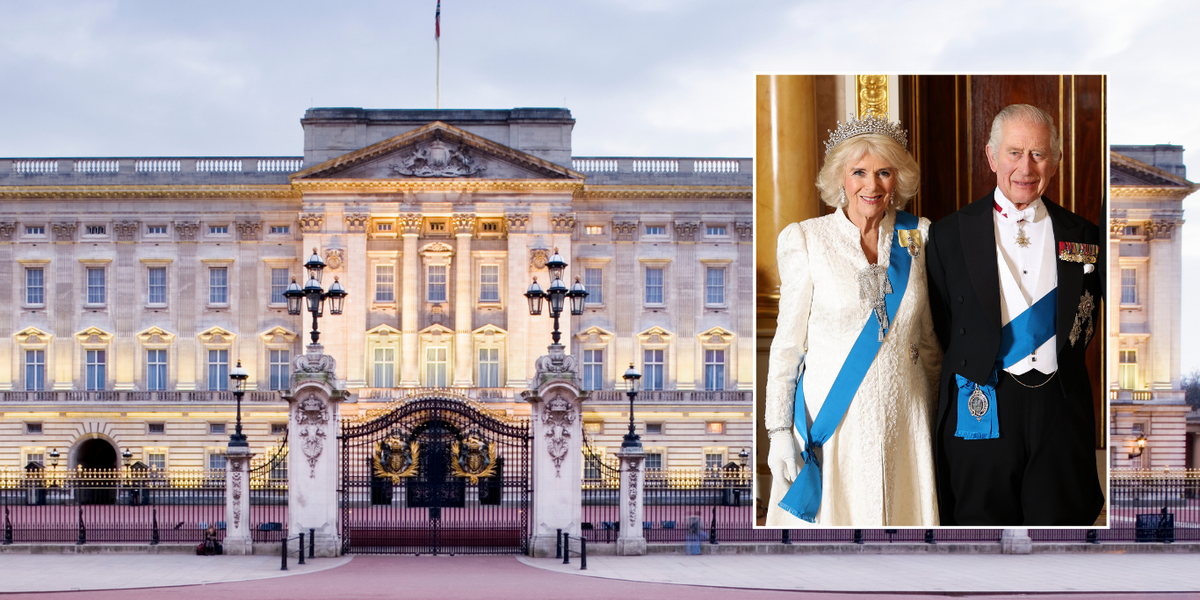The federal public service has added 108,793 employees since 2016, a 42% increase, while Canada's population grew by 14% during the same period. The private sector workforce grew by 14.7% from 2016 to 2024, indicating that the federal bureaucracy's expansion has significantly outpaced private sector growth.
The Parliamentary Budget Officer (PBO) reported that federal personnel spending has grown by 73% since 2016, reaching $69.5 billion in 2023-24. Despite the increase in personnel and spending, federal departments have consistently failed to meet performance targets. Nevertheless, over $1.5 billion in bonuses have been awarded to federal employees since 2015, with 90% of executives receiving annual bonuses.
Franco Terrazzano, Federal Director of the Canadian Taxpayers Federation, criticized the expansion, stating, "Taxpayers are getting soaked because the size and cost of the federal bureaucracy is out of control."
Federal institutions have experienced significant increases in executive positions and salaries, raising concerns about fiscal responsibility and governance. The information was detailed in a government response to an Order Paper question submitted by Conservative MP Scot Davidson (York—Simcoe).
Key findings include:
Bank of Canada
The number of executives increased from 69 to 80, with total executive compensation rising from $15 million to over $24 million. This surge occurred alongside controversial monetary policies, including substantial money printing during the pandemic.
CBC/Radio-Canada
The Canadian Broadcasting Corporation (CBC) added seven executives, resulting in an additional $2 million in executive salaries since Trudeau took office. This increase comes amid declining viewership and financial challenges. Notably, CBC President and CEO Catherine Tait, who earns between $468,000 and $551,000 annually, was fined $200 by the Ethics Commissioner for breaching the Conflict of Interest Act. Under her leadership, the CBC distributed over $18 million in bonuses last year while cutting more than 800 jobs.
National Gallery of Canada
The National Gallery nearly doubled its number of executives and their salaries, despite facing internal dysfunction and staff issues. Reports have highlighted workplace turmoil and layoffs of high-profile staff, including Chief Curator Kitty Scott and Senior Curator of Indigenous Art Greg A. Hill.
Race Relations Foundation
The foundation tripled both its executive count and their salaries. According to a report by True North, Statistics Canada data shows that police in Canada reported 3,576 hate crime incidents in 2022, marking a 7% increase from the 3,355 cases reported in 2021. The slight rise follows two sharp increases in prior years, resulting in a cumulative rise of 83% from 2019 to 2022.
Canada Post
The postal service added over 60 executives but has not disclosed the corresponding increase in total executive compensation, raising concerns about transparency and fiscal management. Additionally, Canada Post employees went on strike on November 15, 2024, with the Canadian Union of Postal Workers (CUPW) demanding the inclusion of "gender-affirming care" in their benefits plan, among other financial items.
Parks Canada
Parks Canada’s executive team expanded by 18%, with salaries increasing by 56%. This growth occurred as critical wildfire prevention efforts were reportedly neglected, leading to devastating fires in Jasper National Park. Private firefighting crews were allegedly sidelined, and experts' warnings were missed, resulting in significant damage to the area.
Core Departments and Federal Agencies
Significant growth in executive positions and salaries has been observed across various departments:
- Canadian Human Rights Commission (CHRC): Doubled its executives and nearly tripled their salaries.
- Environment Canada: Increased executives from 157 to 240, with salaries doubling.
- Privy Council Office (PCO): Added 40 executives, nearly doubling their salaries.
- Total Core Public Administration: Expanded from 5,700 to 8,300 executives, with salary costs rising from $850 million to $1.5 billion.
- Total Federal Public Service: Executive numbers grew from 7,100 to 10,000, with an additional $900 million in salaries, reaching $1.9 billion.
- Via Rail: Despite financial struggles and operational delays, Via Rail increased its executive team by 50%, adding $2 million in salaries. The organization also paid out $11 million in bonuses during a period marked by service disruptions.

Sheila Gunn Reid
Chief Reporter
Sheila Gunn Reid is the Alberta Bureau Chief for Rebel News and host of the weekly The Gunn Show with Sheila Gunn Reid. She's a mother of three, conservative activist, and the author of best-selling books including Stop Notley.

 By Rebel News | Created at 2024-11-20 23:32:46 | Updated at 2024-11-24 09:49:37
3 days ago
By Rebel News | Created at 2024-11-20 23:32:46 | Updated at 2024-11-24 09:49:37
3 days ago








